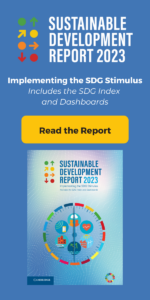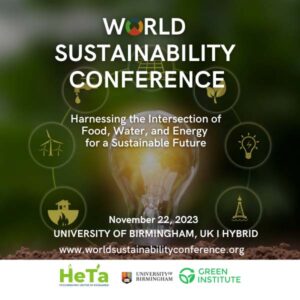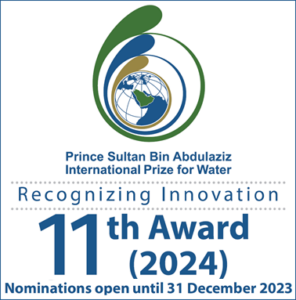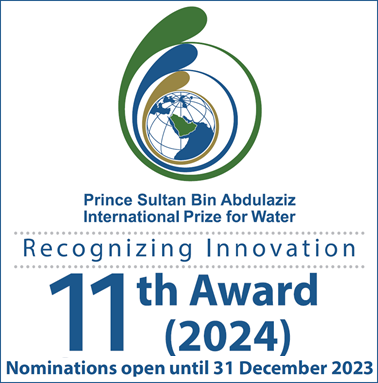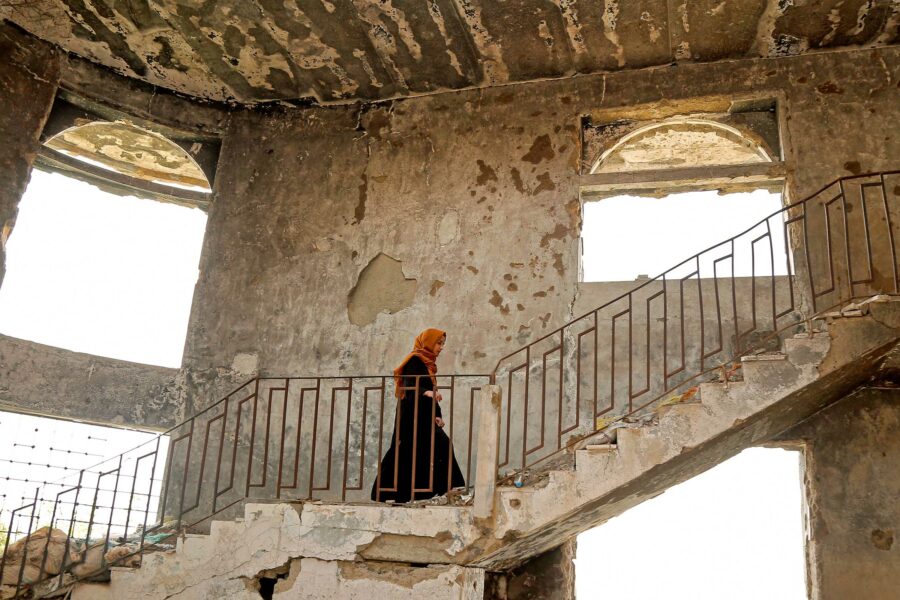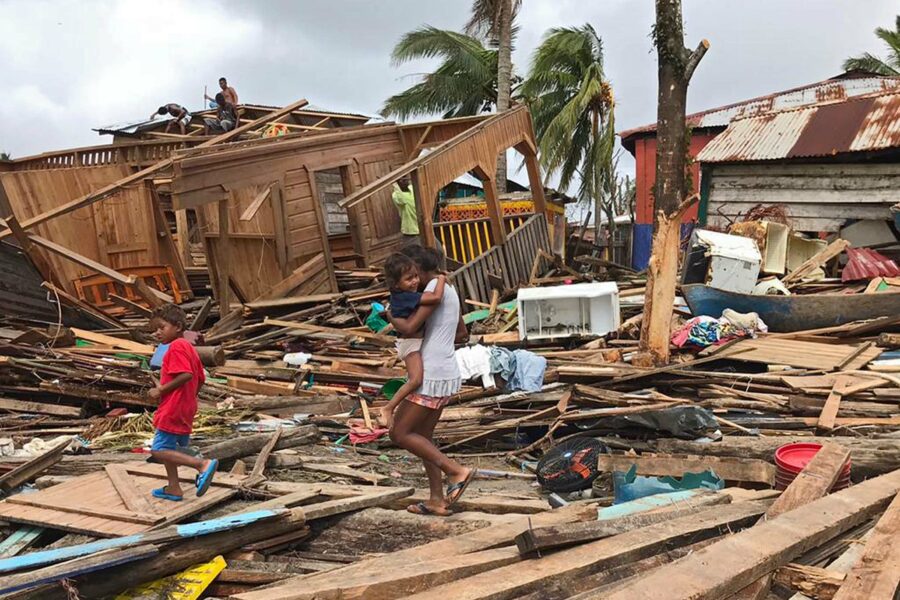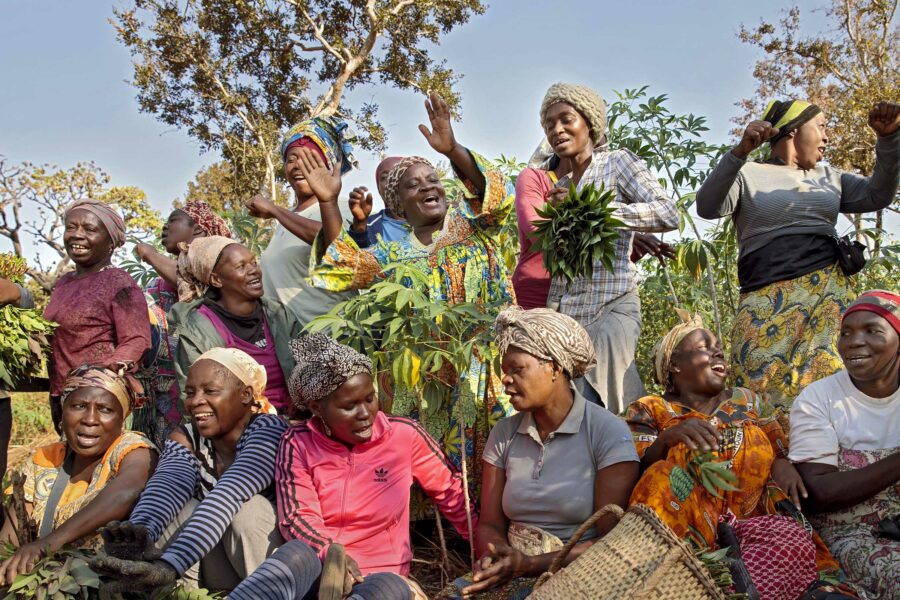Protecting the right to water
Access to safe drinking water and sanitation are established human rights. Yet, halfway through the Water Action Decade, billions of people are still denied them. This year, nations have pledged to drive transformation to a water-secure world, and must now urgently act on their promises
Human rights — Global
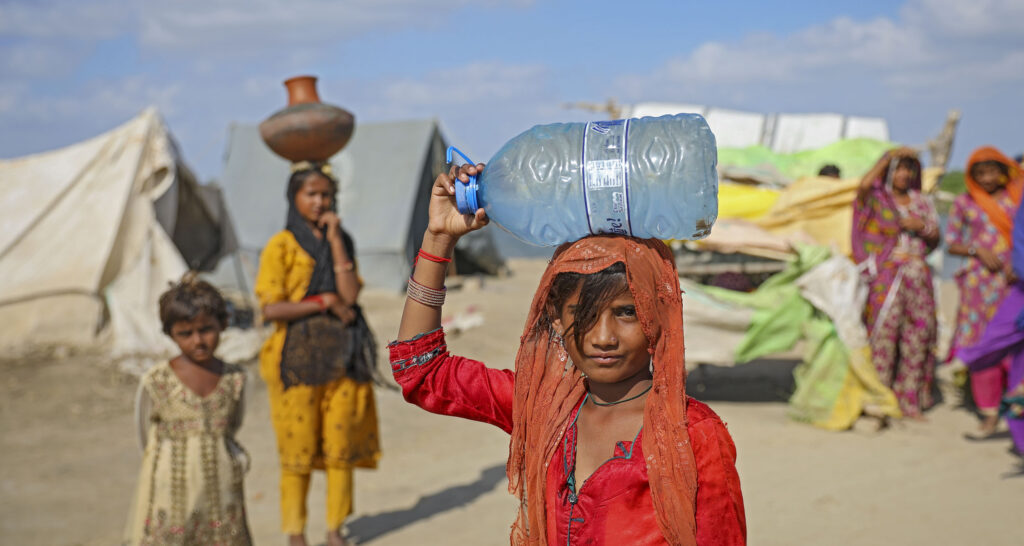
Imagine life without safe drinking water and sanitation. What would be the consequences? Inconvenience, discomfort, compromised personal hygiene? Would the services your community relies on cope? What about your job? Your children at school? How long before your family got sick?
Safe and adequate water and sanitation are as critical as the air we breathe. Living without them, even temporarily, is not just dangerous and destabilizing – it is an existential threat.
This is why the United Nations General Assembly (UNGA) recognized the human rights to safe drinking water and sanitation in 2010 and 2015 respectively. This action made explicit the international consensus that these rights are inextricably bound up with all other human rights – and so the objective of the entire 2030 Agenda for Sustainable Development and its 17 Sustainable Development Goals (SDGs).
So, what do these recognitions entail?
The human right to water entitles everyone, without discrimination, to sufficient, safe, acceptable, physically accessible, and affordable water for personal and domestic use. This includes water for drinking, sanitation, washing, food preparation, and personal and household hygiene.
Equally, the human right to sanitation entitles everyone, without discrimination, to physical and affordable access to sanitation that is safe, hygienic, secure, socially and culturally acceptable, and which provides for privacy and ensures dignity.
The obligation on Member States to protect these rights derives from the right to an adequate standard of living and is now well established. However, for many millions of people worldwide they remain little more than words on paper. For them, safe drinking water and sanitation remain out of reach. The consequences can be devastating, particularly in relation to child mortality.
Today, 2.2 billion people still lack accessible, uncontaminated drinking water. Approximately 3.5 billion lack safely managed sanitation, according to a new report by the WHO/UNICEF Joint Monitoring Programme (JMP) for Water Supply, Sanitation and Hygiene.
Our failure to deliver these basics of human survival is part of a broader lack of progress toward the targets of SDG 6 (to ensure availability and sustainable management of water and sanitation for all by 2030). SDG 6 covers the entire water cycle, from WASH (water, sanitation, and hygiene) to water use efficiency, wastewater treatment, water quality, and transboundary cooperation on water, among other factors.
We are now more than halfway along the timeline of Agenda 2030. Why, then, are so many people’s human rights to water and sanitation left unfulfilled? Do we stand any chance of achieving universal access to safe water and sanitation and meeting SDG 6 by the end of this decade?
We have seen progress. The latest data from the JMP shows that since 2015, nearly 700 million people around the world have gained access to safely managed drinking water services and 902 million people have gained access to basic sanitation. But this is not nearly enough. Rates of progress need to increase sixfold on drinking water and five times on sanitation.
There are some encouraging signs that more action is in the pipeline. In March this year the UN 2023 Water Conference convened at the United Nations in New York. It was the first time since 1977 that such a meeting had been held and that UN Member States had united around solving the water and sanitation crisis, pledging to get progress back on track.
A key outcome of the Conference was the Water Action Agenda. This collects together existing and new commitments from the international community that aim to deliver rapid, transformational change on all water-related targets.
What’s more, throughout the discussions at the Water Conference there was a consistent focus on ensuring water and sanitation action plans prioritize people who have been marginalized, excluded, or ignored. For me, this marked an important shift, because it amounts to an explicit recognition of the link between compromised water and sanitation rights and a broader lack of social justice. Because, when rights to water and sanitation are inadequate, the rights to other basics of dignified human existence – healthcare, representation, voice, education – frequently are too. In this sense, inadequate water and sanitation can be an indicator of inadequate social justice, a “canary in the mine.” This must concern us all because inadequate social justice for specific groups opens the floodgates to far greater, even existential, problems, including instability, inequality, unilateralism, and political extremism.
Encouragingly, across the policy landscape we are seeing greater recognition of the need to prioritize social justice and the broad range of policy, legal, and other changes that contribute to it – including access to water and sanitation. A concrete example of this is the adoption of a human rights-based approach to water governance, management, and accountability.
Supported by the Office of the High Commissioner for Human Rights, the Special Rapporteur on the human rights to safe drinking water and sanitation has been providing vital leadership and authoritative guidance on these issues. This has spurred change both at national level and across the UN system.
In 2022, UNGA resolution 76/300 recognized for the first time the human right to a clean, healthy, and sustainable environment, so building on its work in 2010 and 2015. This decision was a concrete sign of the global community’s acceptance that all human rights are interrelated and that the rights to water and sanitation are linked to those in all other areas of human existence – including support for sustainable development, social justice, and a healthy planet.
The protection of these rights – universal, interdependent, interrelated, and indivisible – must be our guiding principle. People and planet must come first, and the UN must repay the trust of ordinary citizens by accelerating progress and reforming the multilateral system so that it can deliver the changes and actions that are needed for a sustainable and equitable future.
Delivering on the human rights to safe drinking water and sanitation will be an essential part of this. And it will be an important step along the road to the overall 2030 Agenda goal of a more sustainable, socially just, and so more stable world.

